
On average, you and every person you interact with is experiencing more distress than you did just a few years ago. The heightened level of struggle presents a profound leadership challenge – here’s how to use emotional intelligence to handle difficult emotions, starting with your own.
Read More
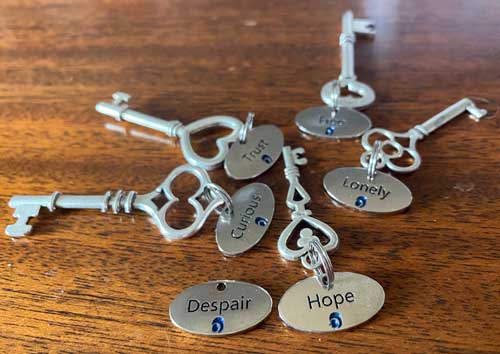
Emotions are messages from your body and brain. Learn what emotions are, why we feel them, and how emotional intelligence helps us use them wisely.
Read More

When “our emotional buckets are running low,” we need to both stop the leaks AND refill our buckets. Here’s how to use emotional intelligence to build resilience, even when it feels extra-difficult to do so.
Read More

The emotional recession is making every interaction harder. Discover five EQ strategies to rebuild resilience, trust, and connection at work and beyond.
Read More

Transform how you coach self awareness with this social approach that helps clients move beyond binary thinking. Includes practical 3-step framework, case study, and coaching tools for handling 360 feedback resistance.
Read More

What makes motivation… motivating? Three powerful questions, a free worksheet, and powerful ways to strengthen energy from within (which we all need, especially when work/life feels challenging)
Read More

How do you use emotional intelligence to fuel lasting motivation? The Motivation Iceberg is a simple, clear model for understanding how to motivate – even in WFH during a pandemic.
Read More

How can you control your emotions without shutting them down? The answer is Navigating Emotions. Discover a science-backed 3-step VET method to manage emotions with emotional intelligence, reduce reactivity, and build resilience. Based on neuroscience and the Adaptive Theory of Emotions.
Read More

Learn how to build optimism as a skill using a simple 3-bridge model. Backed by new research, this article shows why optimism is essential for resilience, innovation, and emotional wellbeing in today’s uncertain world.
Read More

What if all our feelings had value? Many people see emotions as “good” or “bad” — which leaves us in a constant state of internal struggle against our own feelings. Here’s a framework to rethink feelings as valuable signals about what’s important.
Read More
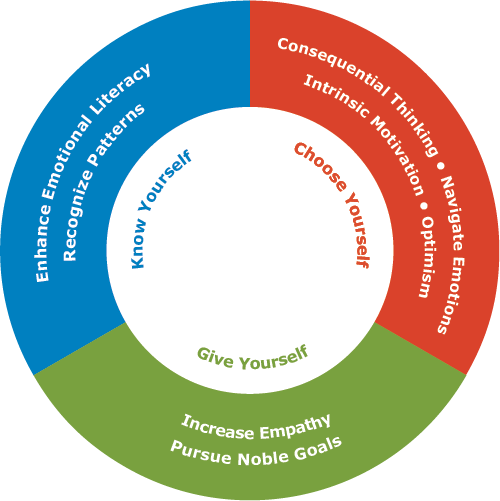
What is emotional intelligence and how do you practice it? Explore the Six Seconds Model of Emotional Intelligence to improve your life and relationships.
Read More

Research: How do people start learning emotional intelligence… and what happens? The Theory of Change creates a framework for transformation fuelled by authentic, purposeful connection.
Read More

We tested top GenAI models’ emotional intelligence—what we found reveals insights that every leader needs to know and will change the way you lead in an AI-powered world.
Read More

As a manager, the coach-approach isn’t always the right path. How do you decide when to use a coaching style, or something else in your one-to-one?
Read More

Goal setting is central to coaching – but most coaches rush this process and take the surface answer as if it’s the client’s real goal. Here’s how emotions help get to the deeper goals.
Read More

Can coaching tools help you lead successful organizational change? Here’s how to build team ownership and drive better outcomes by applying emotional intelligence for a coaching mindset.
Read More

When is less, more? Inspired by a stunning experience earlier this year at Six Seconds’ Emotional Intelligence Master Coach Certification, here’s how to “Marie Kondo” coaching to distill down to the essence.
Read More

How do emotional intelligence and coaching go together to create a framework for transformation? Examining ‘what is coaching,’ why clients seek coaching, and ‘what is emotional intelligence,’ a story emerges about how we meet the moment more effectively.
Read More

World Health Organization Director-General Tedros Adhanom Ghebreyesus said in March 2021, “When there is mass trauma, it affects communities for many years to come.” While coaching isn’t a “treatment” for trauma, in the Emotional Recession we’re facing now, chances are, your clients, colleagues, and you are carrying more trauma than 4 years ago. What do we do as coaches?
Read More

Here’s how to use emotional intelligence to break out of a fixed mindset of “knowing the answer” and make your own (difficult) emotions an ally as a coach.
Read More

As people become more volatile around us, our brains’ natural response is to also become more reactive. Coaching provides a perfect opportunity to step out of this cycle of escalation, but it’s a difficult emotional puzzle; here’s a map of the process with three emotional intelligence tips for coaches.
Read More
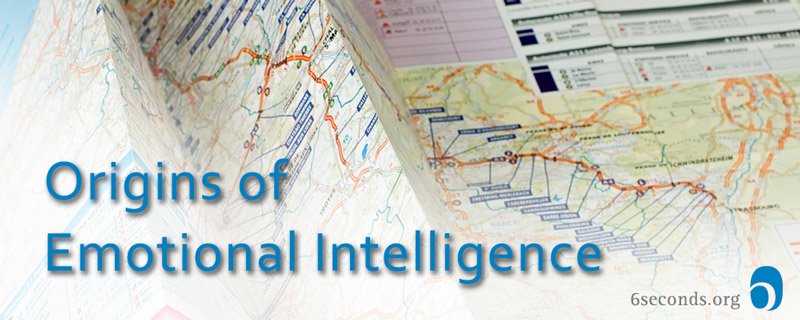
Daniel Goleman explains the history of emotional intelligence – and why EQ is important in business, education & life.
Read More

How bad is uncertainty for you, for your clients, for the world? Uncertainty is a problematic feeling – yet it’s also essential in coaching because it signals learning and growth. Here’s how.
Read More
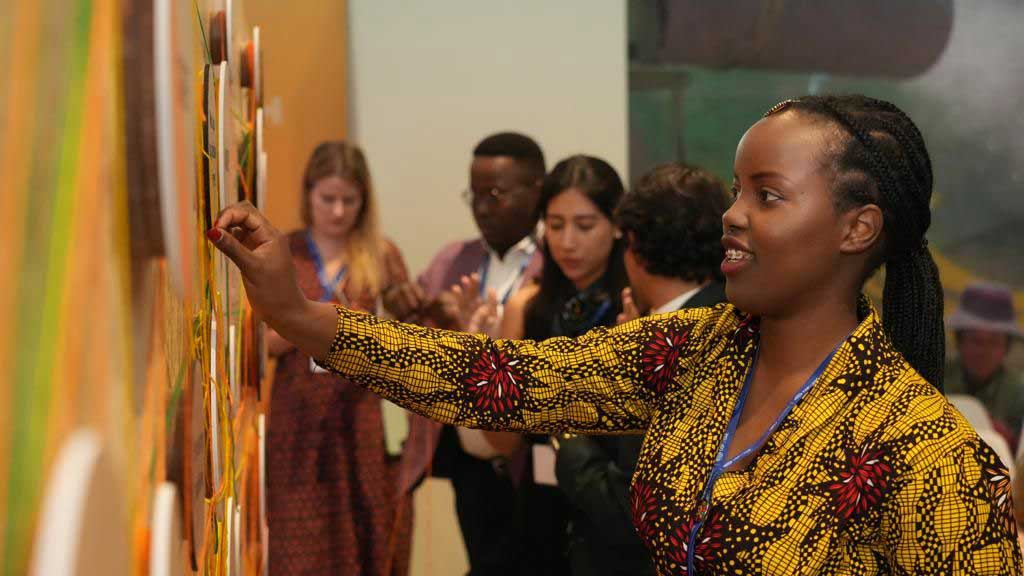
Solving the climate crisis requires people to connect, collaborate, innovate, and take inspired action — all of which are driven by emotion. Here’s how two of the world’s largest organizations in renewable energy worked with Six Seconds to harness emotions and support young leaders.
Read More
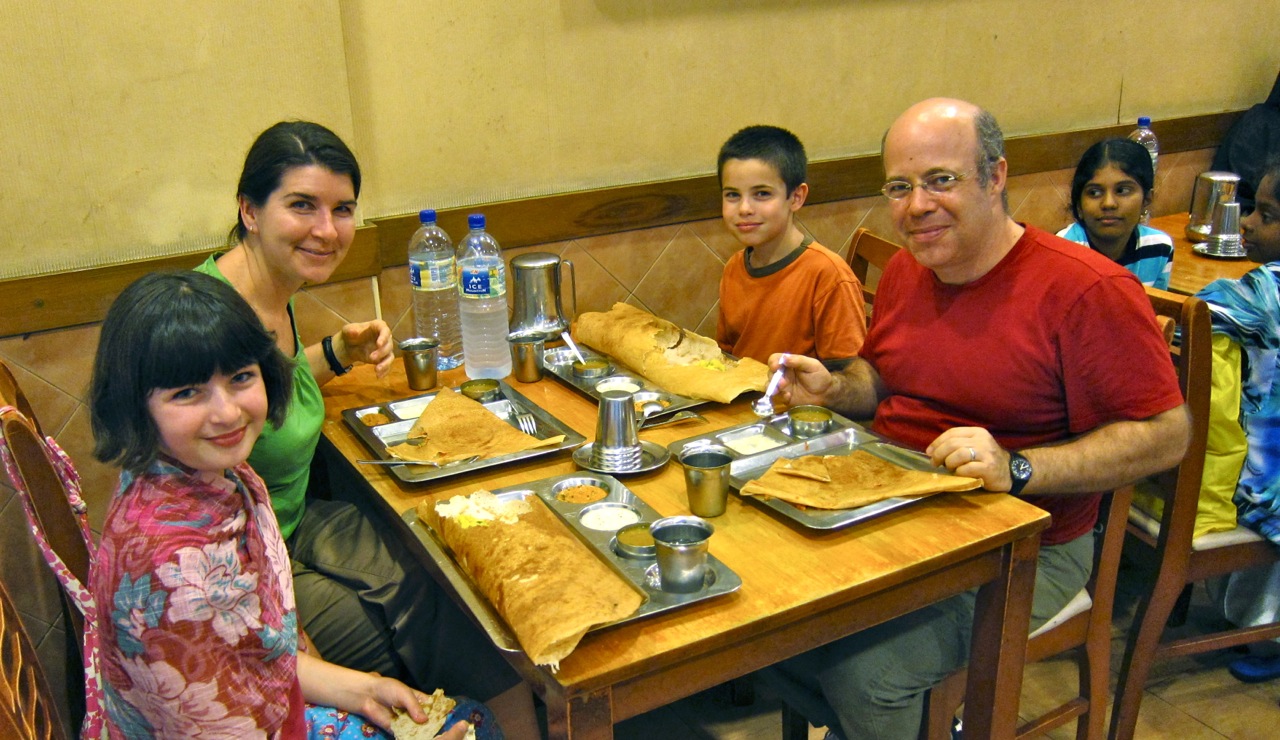
Why do we sometimes take risks to learn, but other times we’re so determined to stay “right”? Zooming into the neurobiology, in a sense we have a tug-of-war between the striatum and the amygdala, between opportunity and risk. It’s just like trying Chai for the first time on the steamy streets of Kuala Lumpur.
Read More

Sometimes change is easy, but when we get stuck, big, difficult feelings emerge. While some coaches are ill-equipped to engage those challenging feelings, it’s a prime opportunity for transformational coaching.
Read More

Why do New Year’s resolutions nearly always fail? And what can we do to make them stick? Explore the neuroscience of change and motivation.
Read More

Drawing on neuroscience of change, how can we use emotional intelligence coaching for setting goals in a way that will help make change happen better? Please a fantastic goalsetting tool (that’s free for now!)
Read More

How does your own awareness affect your clients’ awareness? We’ll dive into ICF competency #7, but focusing on honing our intuition as coaches.
Read More

Bad news: Globally, sense of purpose is declining. Good news: Using emotional intelligence in coaching, we can magnify and brighten the glimmers of purpose
Read More

When a coaching client says, ‘I have to change’ it raises a crucial question: Who’s driving the change process? Here’s a new way of using the Prochaska & DiClemente Stages of Change model and coaching strategies to make change more effective.
Read More

The brutal fact: People are disengaging because companies are failing their people. How can companies do better?
Read More

“Have you ever found yourself in the middle a situation and you know it will to turn into a big mess? You can feel it slipping out of control… and yet you keep going. It’s as if you’re being pushed along this track; you know it’s going to lead to trouble, but it seems like there’s no choice.”
Read More

Smarter About Feelings: Part Two . Part One introduced the idea of becoming smarter about feelings — and how that can help you (kids) get more of what you want… and less of what you don’t want! In that article I promised that I’d also write more about emotions and the meaning behind our feelings. […]
Read More

When I was a kid, no one taught me about emotions. They’re so powerful! And such a big part of our lives… here are the most important ideas every kid (and adult) needs to know about feelings.
Read More

When coaching clients say, “I KNOW this, but I’m still having trouble changing…” Here’s what drives that system, and simply effective tools to get unstuck.
Read More

Are you fighting against your own feelings? There’s a better way to handle emotions to support wellbeing — 12 easy ways to practice emotional intelligence
Read More

Did you know that people are much more likely to change habits when they are on vacation? From the neuroscience of change & uncertainty, 3 tips to improve coaching with emotional intelligence
Read More

Stop wasting money and learn how to leverage emotional intelligence for better results. Here’s a 4-step plan to get started.
Read More

EQ Coaches value all emotions as resources that provide insight and energy. But that doesn’t mean we “make” clients talk about feelings. In fact, often words get in the way of understanding emotions.
Read More








































